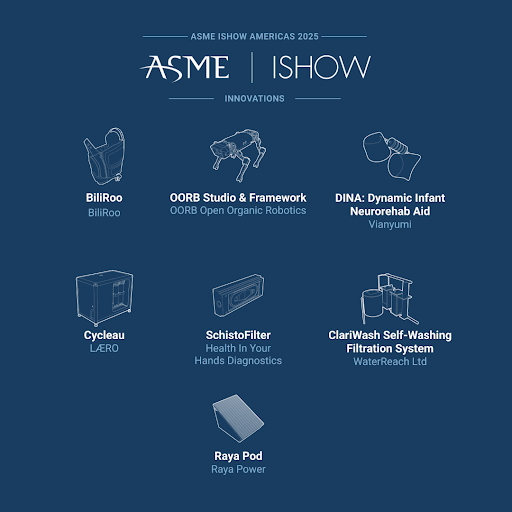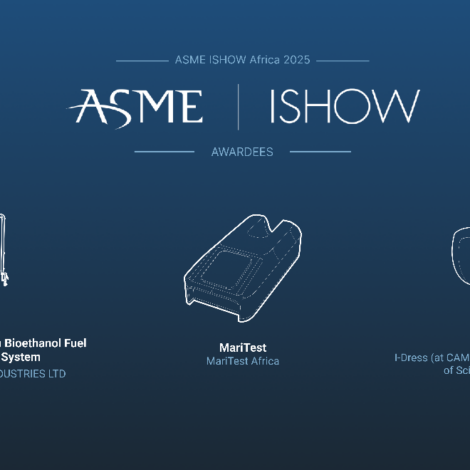Suggested Articles

Rehab Robots, Solar Pods, and Graywater Retrofits: ISHOW Americas Selects...
General
A graywater recycling system retrofit, wearable robotics for infant shoulder rehab and a reusable urine filter for diagnosing schistosomiasis are among the seven ventures selected for the American...
